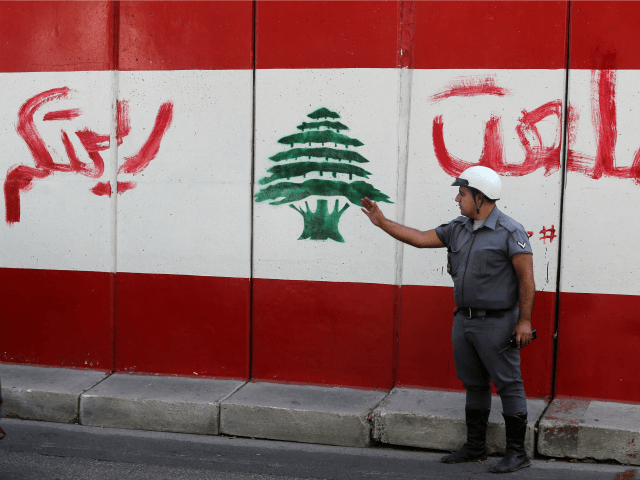The Lebanese Maronite bishops have harshly criticized government leaders for failing to form a cabinet at the expense of the people, who are “humiliated” and economically crushed by the present crisis.
Following their monthly plenary meeting Wednesday, the bishops issued a statement saying they “hold the state leaders responsible for the consequences of the successive catastrophes which they cause.”
The prelates asserted that “the freedom, sovereignty, independence and territorial integrity of Lebanon are on the verge of disappearing,” because of government incompetence.
In their statement, the bishops criticized the “irresponsible mismanagement of public interests and funds” even as the living conditions of the Lebanese continue to deteriorate. They also deplored “the worsening political crisis, which has made the formation of a government impossible for a year for reasons linked to the shameful sharing of quotas.”
“The question today is a matter of destiny, and therefore a matter of life and death,” they stated.
Lebanon is the only country in the world that guarantees government representation for six different branches of Christianity as well as all major and some minor branches of Islam, which makes formation of a government especially complicated.
Due to a series of crises striking the country, more than 78 percent of the Lebanese population lives below the poverty line, and their purchasing power has collapsed with the dramatic depreciation of the local currency against the dollar by more than 90 percent over the past two years.
Several active sectors of the country have been crippled by chronic shortages of fuels, medicines, and some essential foodstuffs.
Just last week, the Maronite Patriarch and Lebanese Cardinal Béchara Boutros Raï asserted that the most devastating effect of the crisis in the long run will be the emigration of Lebanese of all ethnic and religious communities, especially young people, a situation driven by the nation’s economic and political turmoil.
In Lebanon, the various political groups “deal with trivial questions of quotas and numbers while the people are abandoned in prey to hunger, poverty, and humiliation,” the cardinal stated.
Last June 26, Lebanese President Michel Aoun entrusted the Sunni Muslim Najib Mikati with the formation of a new government following the resignation of the previous prime minister designate Saad Hariri.
Since then, Mikati has already met thirteen times with Aoun without the two men managing to agree on the formation of the cabinet, a process stymied by internal political disputes as well as international geopolitical interference.

COMMENTS
Please let us know if you're having issues with commenting.